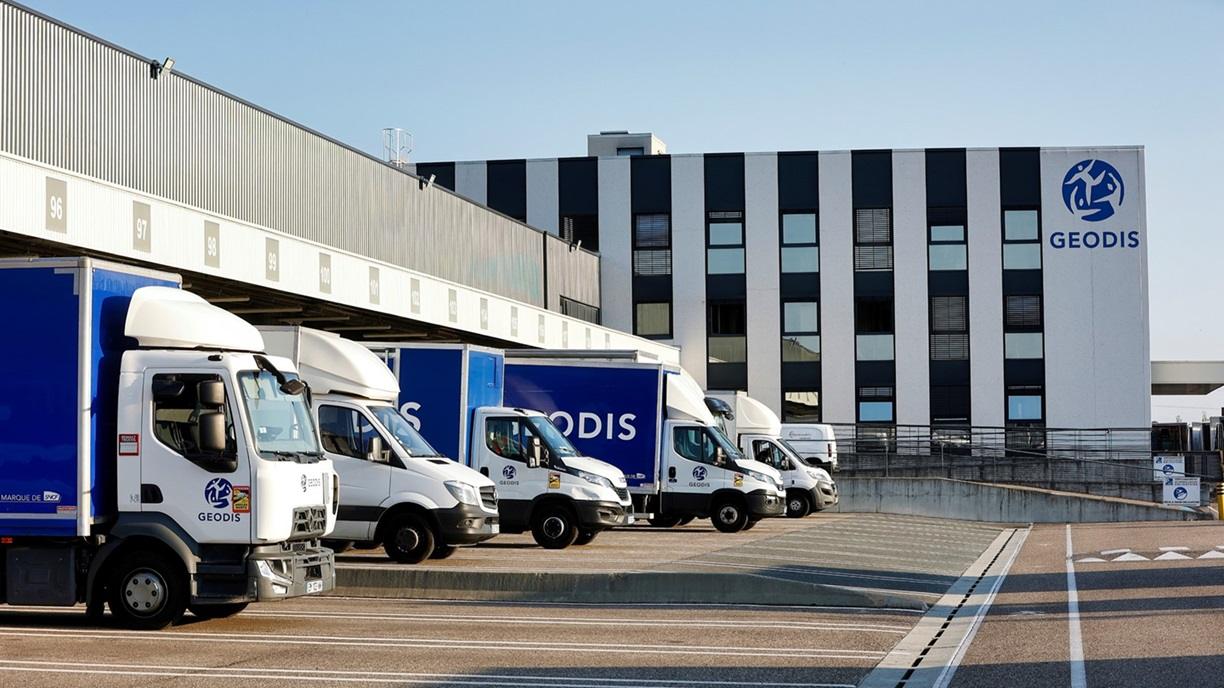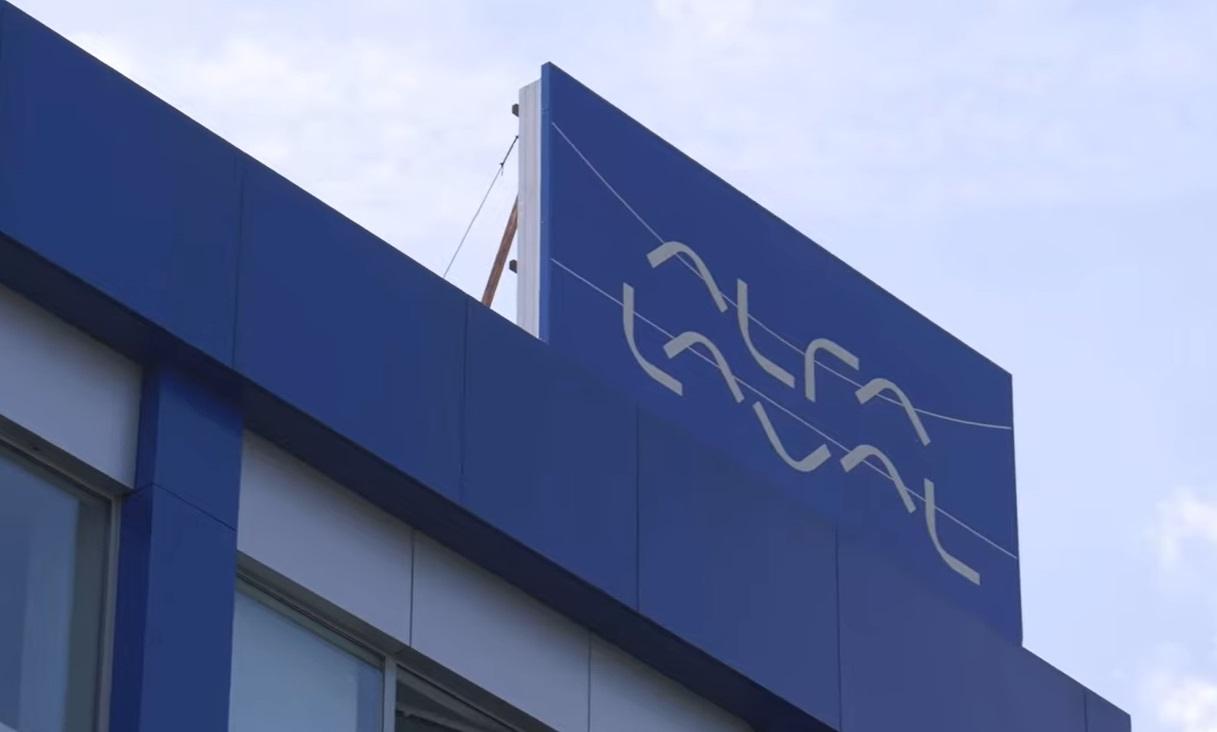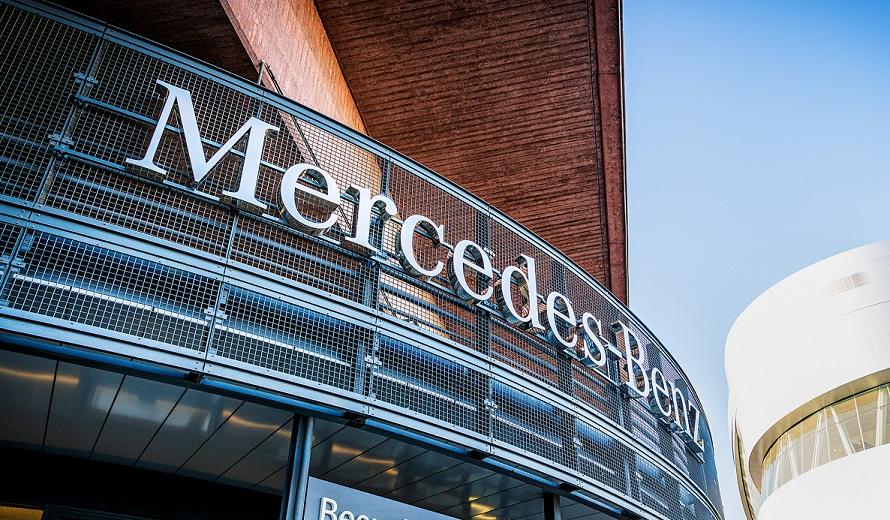Geodis Targets 42% Emissions Reduction from its Fleet and Buildings
Global logistics provider Geodis announced a series of climate goals, including a commitment to reduce emissions generated by its fleets of vehicles and its buildings, or Scope 1 and 2 emissions, by 42%, and reduce the carbon intensity of subcontracted transport by 30% by 2030, compared to 2022.
The launch of the new goals comes as companies globally increasingly focus on supply chain sustainability, including the climate impact of value chains, including shipping and logistics.
Marie-Christine Lombard, Chief Executive Officer of Geodis, said:
“This new phase is fully in line with the Group’s ambition to make its lines of business more sustainable and to provide our customers with innovative, sustainable and ethical logistics offerings.”
Geodis outlines several of the key initiatives it will pursue in order to achieve its emissions reduction goals, including transitioning its fleet towards alternative vehicles and modes using carbon-free or bio-sourced energies and installing suitable infrastructures for refueling and charging. The company has set a target of providing low-carbon last-mile delivery services in 40 French cities by the end of 2024. It also plans to use sustainable marine fuel (SMF) and sustainable aviation fuel (SAF), support customers seeking to optimize their flows and implement appropriate modal shifts, and to optimize the efficiency of resources, through the use of the latest generation of planes, ships and vehicles and optimized loading and itineraries. Geodis added that it will select subcontractors based on their own practices and commitments, and support small road transport companies in carrying out their own technological transition.
Geodis noted that its senior executives have climate criteria incorporated into the variable portion of their remuneration, and that environment-related criteria are taken into account in decision-making processes associated with acquisitions and investments.
The company said that its new targets have been submitted to the Science Based Targets Initiative (SBTi) for approval.





